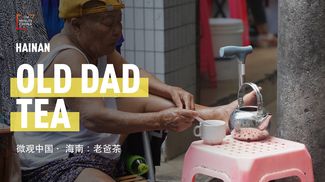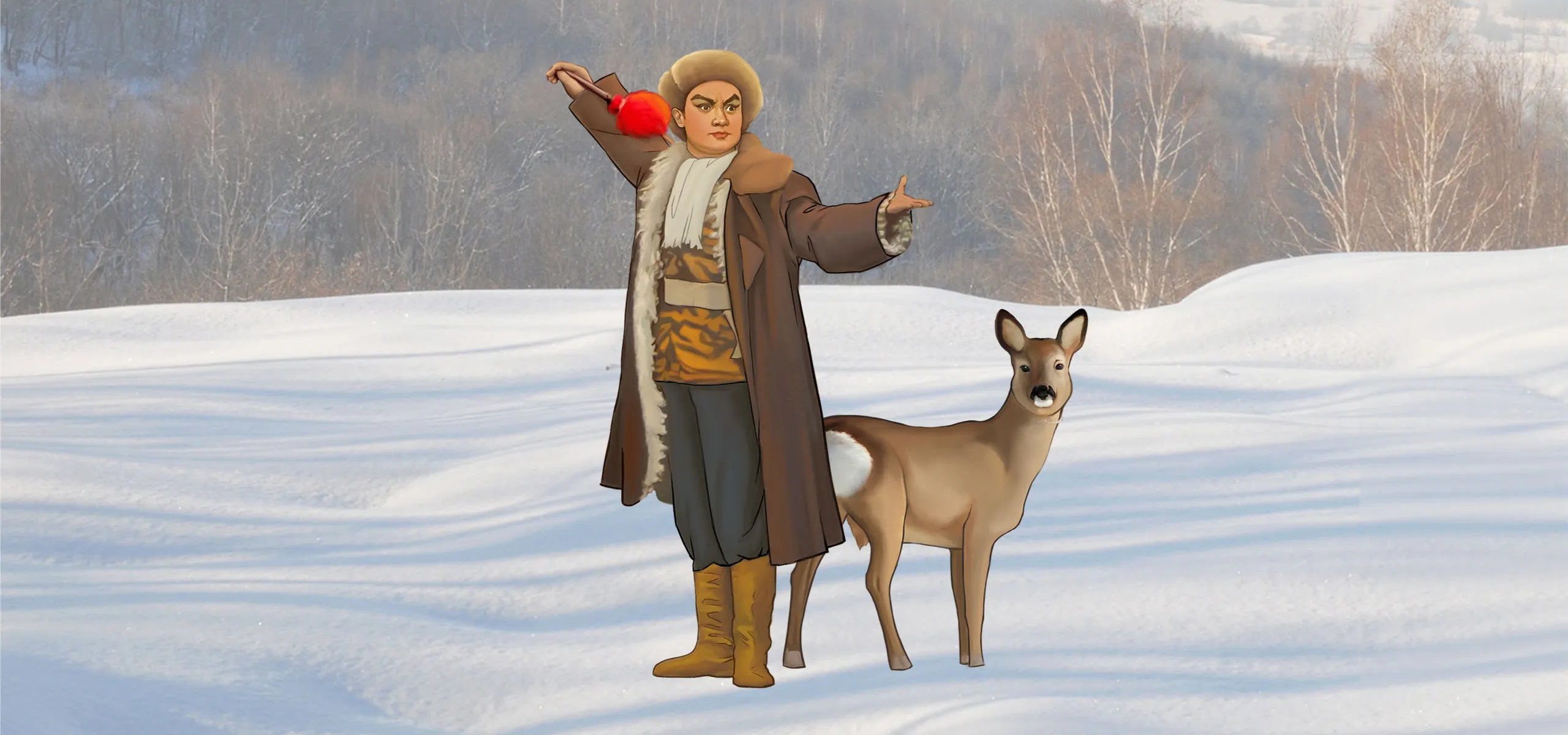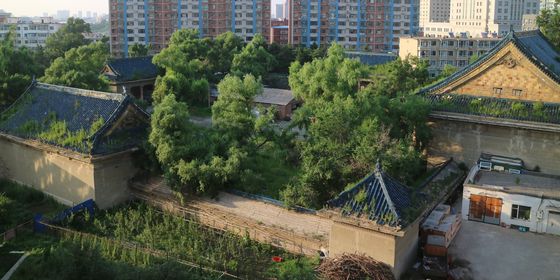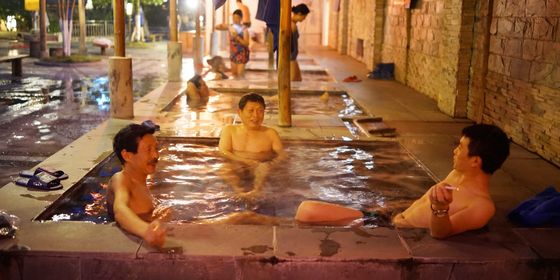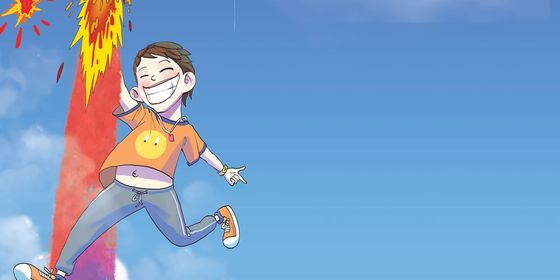You can be funny and emotional in Dongbeihua, but be careful
Dongbeihua (东北话), apart from being the most common dialect in Northeastern China, is the unofficial language of Chinese comedians; for decades, comedians have ruled the stage of China’s Spring Festival Gala, and there is no more efficient way to spread a dialect than that.
Dongbeihua has a unique appeal that can’t quite be found in other Chinese dialects in its ability to make mundane daily conversation instantly comical. You may find yourself laughing just sitting on a Dongbei bus. Despite its comic effect, learning some Dongbeihua can help you in everyday life because a great many key elements of Dongbeihua have seeped into popular usage across China in the form of slang.
Before we get down to specific words and phrases, the first lesson in Dongbeihua is the right attitude, even more so than getting the pronunciation right. Don’t speak delicately; anything that resembles politeness, hesitation, or gentleness will completely shatter the performance. It is for rash, warm-hearted, straightforward Dongbei common folk. Even if this doesn’t sound like you, pretend. Be loud, sudden, intrusive, impolite, and jovial. Without these qualities, your Dongbeihua just won’t sound authentic.
Now, let’s start with the most basic greeting in northern China: What’re you up to? (你干啥去? Nǐ gàn shá qù?) The Dongbei version is “你嘎哈去?(Nǐ gà há qù?)” Pronounce the vowels with your mouth unnecessarily wide open—more open than when speaking Mandarin—and emphasize and prolong the “há” demandingly. To reply, simply throw the question back to the greeter: “I’m not up to anything. What’re you up to?” (我不嘎哈。你嘎哈去? Wǒ bù gà há. Nǐ gà há qù?)
Another Dongbei phrase that has earned national popularity is the exclamation, “Oh, good heavens” (哎呀妈呀), which directly translates to “ouch mother”. The standard Mandarin pronunciation is “āiya māya”, but in Dongbeihua the tones are similar to “áiya máya”. The emphasis is on the first character, “ái”. Make sure the phrase bursts forth with great force, because, ever straight-forward, Dongbeiren are always genuinely surprised. Use it when you feel an ordinary exclamation just won’t do.
Although Dongbeihua varies a little from province to province, there are some common rules you can follow. In some cases, the consonants of “zh”, “ch” and “sh” in Mandarin are spoken as “z”, “s”, and “z”, but other places do the opposite, so keep an ear out. The consonant “r” is invariably replaced with “y”. Two examples:



